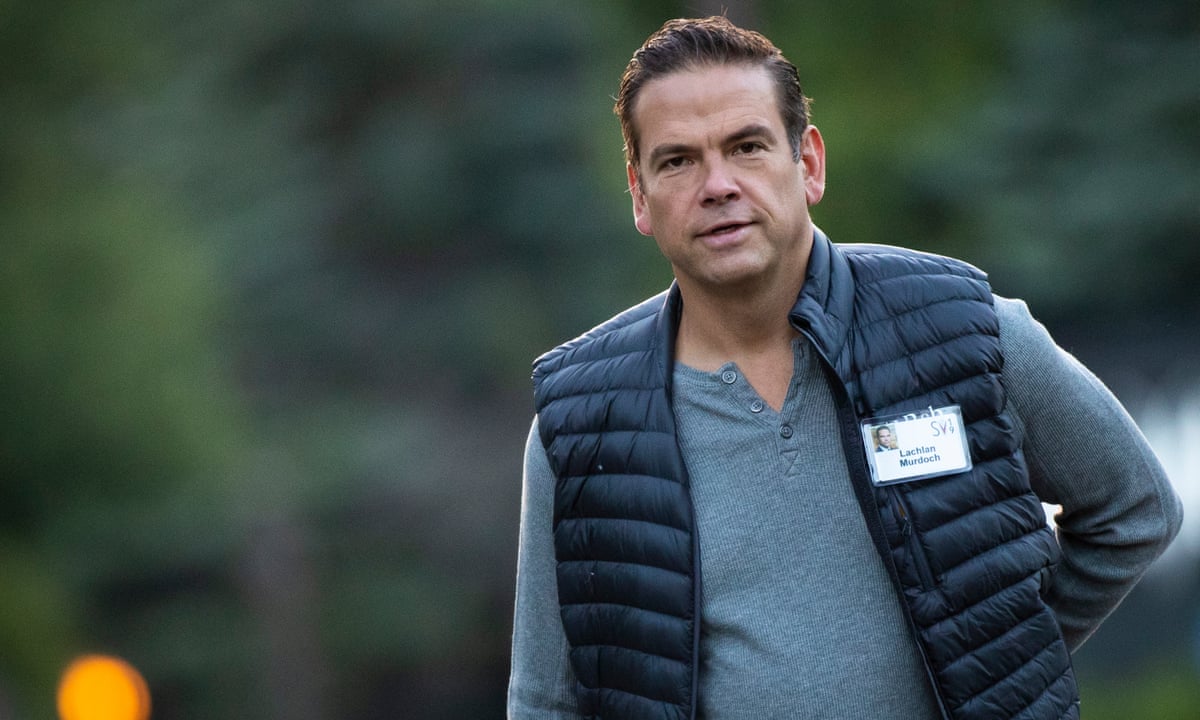The ongoing legal battle surrounding Rupert Murdoch’s media empire has taken center stage, with voices calling for accountability in the wake of the notorious phone hacking scandal.
In a recent discussion, one prominent figure shed light on the motivations behind this drawn-out lawsuit, emphasizing the need for justice amid a complex web of cover-ups.
The primary aim of this legal action is straightforward: accountability.
However, that concept becomes murky when you consider the vast scale of the alleged misconduct.
The sheer magnitude of the cover-up means that many involved feel compelled to witness the truth unfold in court.
The situation is exacerbated by the distinct nature of the UK legal system, which often pressures claimants into settlements that may not reflect the true value of their claims.
Currently, around 1,300 individuals have joined the ranks of those seeking justice against Murdoch’s organization.
Yet, the path to resolution is fraught with challenges.
As the legal landscape shifts, it appears that many claimants are left with little choice but to accept settlements that are often far less than what they might expect if they were to pursue their cases in court.
Interestingly, of the original 40 claimants who stood alongside one prominent individual in this fight, only two remain.
This dramatic drop raises questions about the viability of pursuing justice through the courts, especially when reports suggest that even a victorious outcome might yield awards significantly lower than settlement offers.
In some cases, these amounts could be as much as 100 times less than what claimants could receive through a quick settlement.
The harsh reality is that winning a case does not necessarily equate to financial gain for the claimants.
Even after a court victory, the burden of legal costs can fall heavily on the winning party, creating a disincentive to pursue lengthy trials.
This financial pressure has undoubtedly influenced many to settle rather than face the uncertainty of a courtroom battle.
It’s clear that many have opted for settlements out of necessity rather than choice.
This dynamic highlights the critical role of accountability in this ongoing saga.

